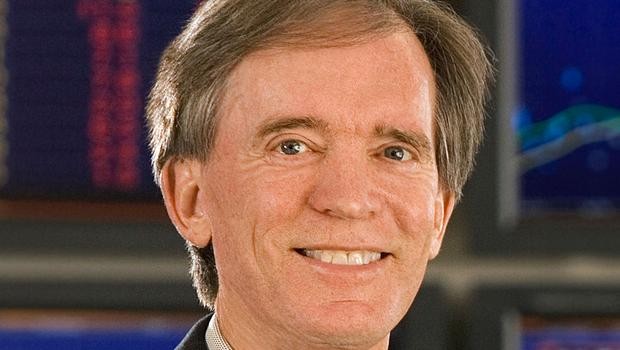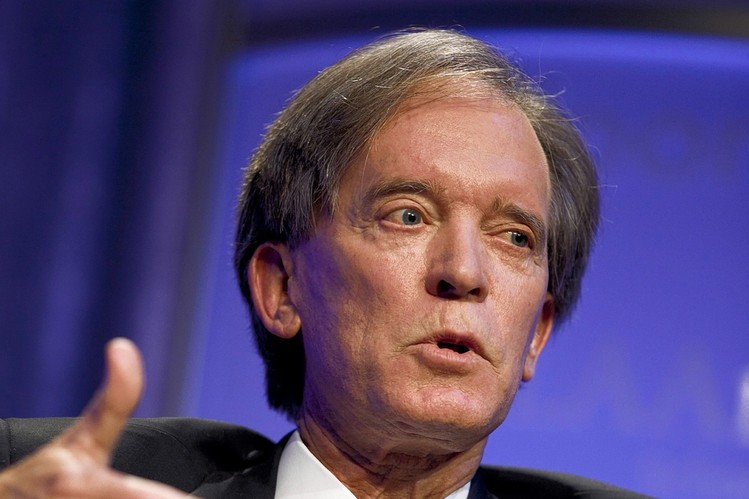Mutual fund news Facebook Bill Gross Vanguard
Post on: 21 Август, 2015 No Comment

Mutual fund news: Facebook, Bill Gross, Vanguard
MARK JEWELL, AP Personal Finance Writer
Friday, May 25, 2012
BOSTON (AP) — Invest for the long term and keep daily news in perspective. It’s easy to get sucked into a negative mindset, with troubles at Facebook and JPMorgan Chase in the headlines.
The social network’s botched IPO and the bank’s recent $2 billion trading loss hardly instill confidence in the stock market.
Yet they’re likely to be short-term distractions for the vast majority of investors. Often, it’s easy to miss news that may have a significant impact on long-term investment returns, but doesn’t grab attention like the stories dominating the 24-hour news cycle. Here are a few items of current interest to mutual fund investors:
FACEBOOK IN YOUR S&P 500 FUND? BE PATIENT
Technology stocks like Apple and Google have been so successful that they’re commonly found in index mutual fund portfolios, and in funds available through 401(k)s plans. Often, these investors have no idea they’ve got a small stake in iPhone sales or Google’s advertising revenue.
Facebook stock may ultimately make its way into low-cost index funds, which seek to match market performance by holding all the stocks in a particular index. But don’t expect to see Facebook soon in funds that track the widely followed Standard & Poor’s 500 index.
Facebook’s market capitalization is around $70 billion, so it clearly meets the current $4 billion-plus market cap requirement for S&P 500 membership. Yet it’s far from satisfying another requirement: At least 50 percent of a company’s shares must be owned by public investors, rather than company insiders or early investors.
Facebook initially offered shares representing about 15 percent of the company’s value, and a subsequent expansion of the share offering still leaves Facebook with a public float of less than 20 percent.
S&P doesn’t comment on whether companies might eventually meet its membership criteria. One reason is that an addition to the S&P 500 typically triggers a rise in that stock’s share price. Demand increases because index funds will begin buying the stock to align their portfolios with the index.
Companies typically offer more stock after their IPOs as insiders sell shares, so Facebook is likely to eventually meet the public float threshold and other S&P 500 membership requirements. The example of Google is instructive. The search engine giant wasn’t admitted to the S&P 500 until March 2006, a year and a half after its IPO.
STAR MANAGER STARTS BIG IN ’12
Bill Gross is a three-time winner of Morningstar’s bond fund manager of the year title, in addition to honors covering the last decade. The strong record he’s compiled at PIMCO Total Return (PTTAX) is a key reason why it’s attracted enough investors to become the world’s largest mutual fund, with nearly $259 billion in assets.
Yet last year, Gross went through a rough patch, posting a 3.7 percent return that trailed the vast majority of intermediate-term bond funds.
Total Return is recovering nicely this year, with a 4.6 percent return that places the fund in the top 5 percent among its peers. What’s more, Total Return attracted more new cash in April — $2.7 billion — than any other fund, according to Morningstar.
If that isn’t enough to make Gross happy, consider that the exchange-traded fund version of the Total Return mutual fund has reached $1 billion in assets less than three months after its debut. And, like the mutual fund, the ETF is enjoying strong performance. It has returned 4.6 percent since its March 1 launch, about 4 percentage points ahead of an index that broadly tracks the bond market.
VANGUARD DROPS FEES, CLOSES BOND FUND

With more than $1.8 trillion in U.S. mutual fund assets, Vanguard is the nation’s largest fund company. Its size alone makes it an influential player, and it’s growing rapidly, attracting more than $44 billion in net deposits through the first four months of this year.
This week, Vanguard announced two big moves. One could attract even more investors, and another will have the opposite effect by closing one of its recently popular funds to most new investors.
Vanguard has eliminated fees that it had charged certain short-term investors in 33 funds. The charges, known as back-end loads or redemption fees, had to be paid by investors who sold shares within a year after buying them. The fees are now eliminated for all but two Vanguard funds, and those two will assess lower fees than they did previously.
The group that’s dropping the fees includes a dozen foreign stock funds, as well as funds that focus mostly on specific industry groups or other market segments. Depending on the fund, the fees ranged from 1 percent to 2 percent on fund shares that an investor sells within a few months after purchase.
The fees were intended to discourage investors from moving in and out of the fund frequently, a practice that can hurt long-term investors. That’s because long-term investors end up bearing some of the costs to execute trades by those who own shares for just a few months.
Vanguard says the fees are no longer needed to discourage frequent trading, based on an analysis of cash flow at those funds.
Also this week, Vanguard closed its High-Yield Corporate Fund (VWEHX) to most new investors, although current investors in the bond fund can still add more money. The nearly $17 billion bond fund has attracted $2 billion in net deposits in the past six months, and Vanguard says the closure is an attempt to stem the surge of incoming cash.
Vanguard will continue to monitor cash flows, and says it may take additional steps if needed to limit the fund’s size.
The last time the fund was closed was in June 2003, after a similar surge of cash. It was reopened six months later after the cash flow subsided.
Questions? E-mail the AP at investorinsight@ap.org














